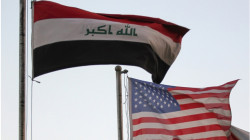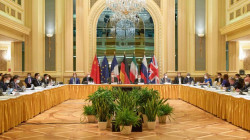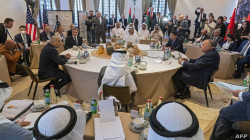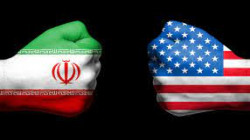US offers condolences for Iranian President's death amidst tense relations
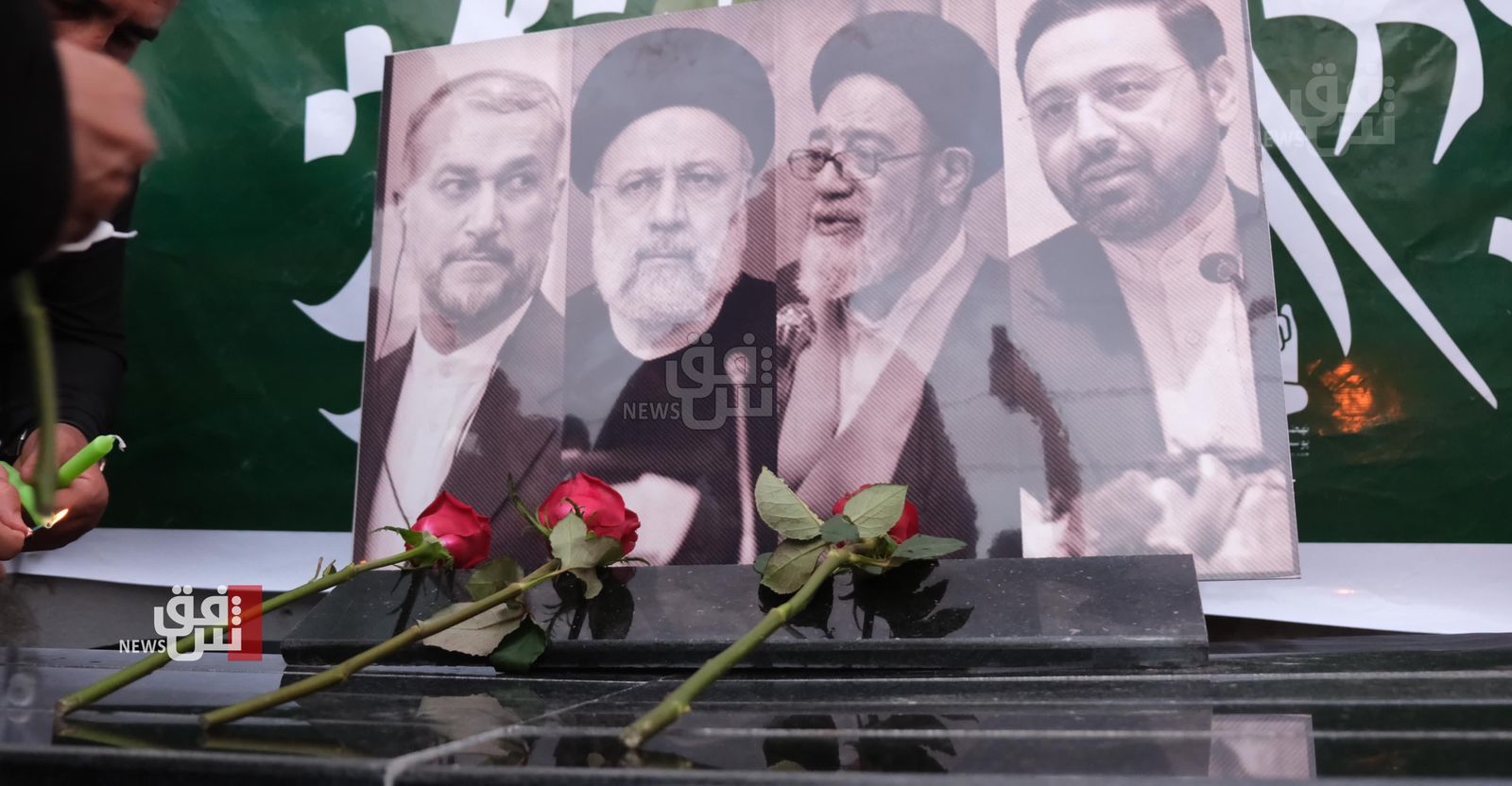
Shafaq News/ The United States expresses condolences for the death of Iranian President Ebrahim Raisi and Foreign Minister Amir-Abdollahian in a helicopter crash in northwest Iran.
The crash also claimed the lives of East Azarbaijan province's governor, Malek Rahmati, and Mehdi Mousavi, the head of Raisi's bodyguard team.
A statement by the US Secretary of State avoided offering condolences to Supreme Leader Ayatollah Sayyid Ali Khamenei as most countries did.
"As Iran selects a new president, we reaffirm our support for the Iranian people and their struggle for human rights and fundamental freedoms." The statement said.
The relationship between Iran and the United States has been tumultuous and complex, marked by periods of tension, diplomatic overtures, and occasional cooperation on specific issues. Here are some key points about Iran-US relations:
The relationship between Iran and the United States has a deep historical backdrop. Before the Iranian Revolution in 1979, the US had close ties with Iran, particularly under the rule of Shah Mohammad Reza Pahlavi. However, the Revolution led to the overthrowing of the Shah's regime and the establishment of an Islamic Republic, significantly altering the dynamics of Iran-US relations.
In 2015, Iran, the US, and several other world powers signed the Joint Comprehensive Plan of Action (JCPOA), also known as the Iran nuclear deal—the agreement aimed to limit Iran's nuclear program in exchange for sanctions relief. However, in 2018, the US under President Donald Trump unilaterally withdrew from the JCPOA, citing concerns about Iran's compliance and seeking a more stringent deal.
The US withdrawal from the JCPOA led to increased tensions between Iran and the US, marked by a series of confrontations, including economic sanctions, military actions, and cyber operations.
Furthermore, the assassination of Iranian General Qassem Soleimani by a US drone strike in Baghdad in January 2020 further escalated tensions and raised concerns about potential conflict in the region.
As of now, Iran-US relations have become more tense after the Israeli war in Gaza and the unwavering Iranian support for Hamas.
Notably, the helicopter involved in the crash was a BELL 212, a two-blade aircraft manufactured in the United States capable of carrying 15 people.
The helicopter was approximately ten years old and had been difficult to maintain along with others due to US sanctions, making it challenging for Iran to obtain parts or new aircraft.
Former Iranian Foreign Minister Mohammad Javad Zarif has held United States sanctions on Iran responsible for the helicopter crash that killed the Iranian President.
In a phone interview with the Iranian state TV on Monday, Zarif accused the US of contributing to the tragedy by sanctioning the sale of aviation equipment to Iran.
"One of the causes of this tragic event is the United States, which sanctioned the sale of the aviation industry to Iran," Zarif stated.
He further claimed that the sanctions prevent Iran from maintaining good aviation facilities, adding that the crash would be "recorded in the blacklist of American crimes against the Iranian nation."
In the past three years alone, the US has imposed more than 600 sanctions on Iranian-related entities. These sanctions target financial and economic resources, new businesses and industries, military expenditures for scientific research, and Iran's space agencies.
The Washington Institute, a US think tank, notes that Iranian airlines are prohibited from purchasing aircraft that contain more than 10% US parts.
Iranian airlines operate some of the world's oldest aircraft. Bloomberg estimated the average fleet age to be over 25 years.
